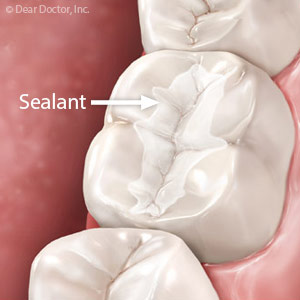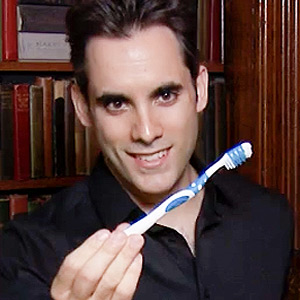If your budget gets squeezed, cutting non-essential expenses can be a wise move. But think twice before lumping dental care into that category—postponing dental visits or treatment could put your long-term dental health at risk.
True, dental treatments can get expensive, so it’s tempting to let a routine visit slide or put off treatment for an obvious problem. But dental problems usually don’t go away on their own—rather, they worsen. When you do get around to treatment, you’ll pay and endure more than if you had tackled the issue earlier.
The key isn’t cutting out dental care altogether, but to sync your limited financial resources with your dental needs. Here are 4 tips to help you do that.
Focus on the long-term. Twice-a-year cleanings and checkups are the minimum investment you should make toward good dental health. Besides lowering your disease risk, these appointments are key to a long-term care plan. By evaluating your on-going health and assessing your personal risk for dental disease, we can formulate a plan that addresses current problems and prevents future ones.
Take care of your mouth. The single most important thing you can do to protect yourself against destructive dental diseases is to practice daily oral hygiene. Brushing and flossing removes dental plaque, the bacterial film on teeth most responsible for tooth decay and gum disease. You can further boost healthy teeth and gums by eating foods rich in vitamins and minerals.
Restore teeth temporarily. We may be able to treat or restore affected teeth with temporary materials that give you time to prepare financially for a more permanent solution later. Durable but low-cost materials like resin bonded glass ionomers for repairing decayed teeth, or a partial denture to replace teeth can get you by until you’re ready for a crown or dental implants.
Manage your costs. There are different ways to minimize your dental expenses or spread them out over time to make it easier on your budget. You may be able to lower expenses with dental insurance or a dental savings plan. Your provider may also have payment plans that allow you to finance your fees over time.
If you would like more information on affordable dental care, please contact us or schedule an appointment for a consultation. You can also learn more about this topic by reading the Dear Doctor magazine article “Cost-Saving Treatment Alternatives.”









